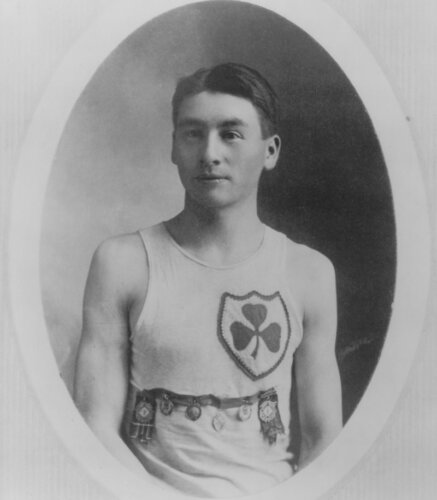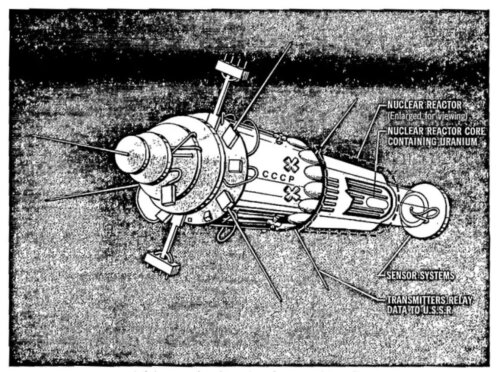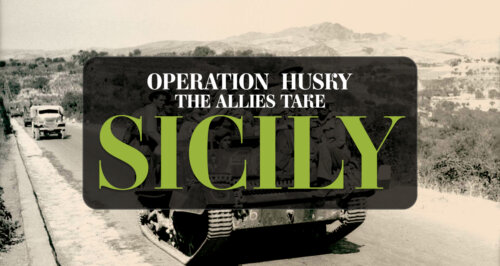
Indigenous soldier to be commemorated with plaque in Flanders
A grassroots project to commemorate the life and death of a Cree soldier killed during the First World War is expected to come to fruition

A grassroots project to commemorate the life and death of a Cree soldier killed during the First World War is expected to come to fruition

Fallout from the Cold War ranged from economic and social ramifications between geopolitical rivals to space debris left behind by space-race projects. It was 46

For almost four years, the forces of Nazi Germany have occupied Europe while the Allies fought in Africa and the Pacific. Now, on July 10,



Get the latest stories on military history, veterans issues and Canadian Armed Forces delivered to your inbox. PLUS receive ReaderPerks discounts!

| Cookie | Duration | Description |
|---|---|---|
| cookielawinfo-checkbox-analytics | 11 months | This cookie is set by GDPR Cookie Consent plugin. The cookie is used to store the user consent for the cookies in the category "Analytics". |
| cookielawinfo-checkbox-functional | 11 months | The cookie is set by GDPR cookie consent to record the user consent for the cookies in the category "Functional". |
| cookielawinfo-checkbox-necessary | 11 months | This cookie is set by GDPR Cookie Consent plugin. The cookies is used to store the user consent for the cookies in the category "Necessary". |
| cookielawinfo-checkbox-others | 11 months | This cookie is set by GDPR Cookie Consent plugin. The cookie is used to store the user consent for the cookies in the category "Other. |
| cookielawinfo-checkbox-performance | 11 months | This cookie is set by GDPR Cookie Consent plugin. The cookie is used to store the user consent for the cookies in the category "Performance". |
| viewed_cookie_policy | 11 months | The cookie is set by the GDPR Cookie Consent plugin and is used to store whether or not user has consented to the use of cookies. It does not store any personal data. |



Free e-book
An informative primer on Canada’s crucial role in the Normandy landing, June 6, 1944.